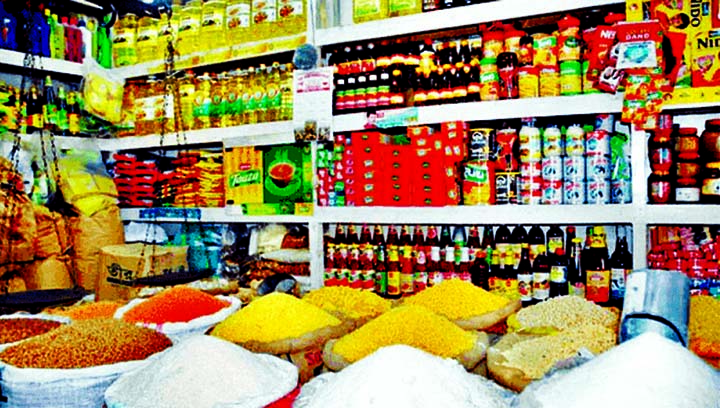
Kamruzzaman Bablu :
Bangladesh will sign a deal with India to get supplies of essential commodities especially during Ramadan when the demand suddenly surges.
The government has also planned to extend and expand border haats along the Bangladesh-India borders.
The Ministry of Commerce has prepared two memorandums of understanding on the matters to be signed during the upcoming visit of Prime Minister Sheikh Hasina to India, said officials.
Trading Corporation of Bangladesh and State Trading Corporation of India will sign the two MoUs – one on getting supplies of essential commodities during sudden crisis and another on extension of border haats.
The ministry officials said amendments will be made to the existing Bangladesh-India border haat policy.
Prime Minister Sheikh Hasina will be visiting India for four days from April 7.
According to the extended border haat policy, duration of border haats is three years, which is now being planned to increase to five years.
The number of sellers will also be increased to 50 from 25 now, the areas of border haat will be 5-km radius and the limit of sale will be raised to $200 from $100 now.
Officials, quoting Commerce Minister Tofail Ahmed, said due to shortage of areas and religious sentiment, the idea of introducing cow trading in the border haats has been dropped.
Bangladesh and India signed a MoU on October 23, 2010 for setting up border haats for the benefits of people living in the border areas of both neighbouring countries.
A total of four border haats are now operating along the Bangladesh-India borders. There will be four more border haats at Megalaya of Bangladesh -India frontier in near future, according to the government plan.
Commerce minister Tofail Ahmed said: “Border haats are popular among both Bangladeshis and Indians living near borders. We will seek to discuss the matter further to extend the operation of the border haats during the prime minister’s visit.”
Subhashree Basu, Secretary In-Charge of Commerce Ministry, believes that the MoUs will “definitely benefit peoples of both nations.”

